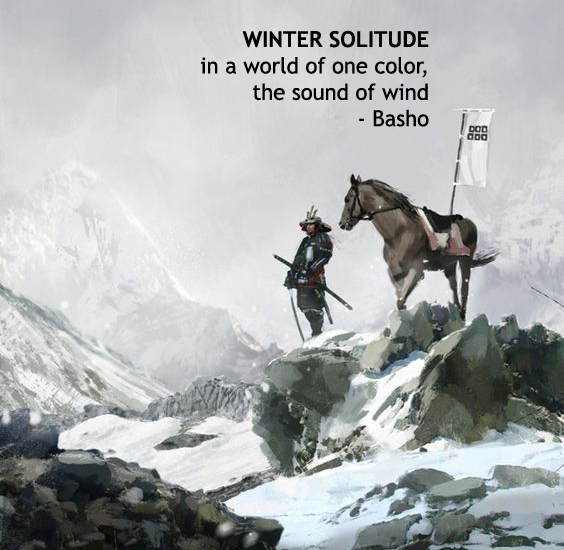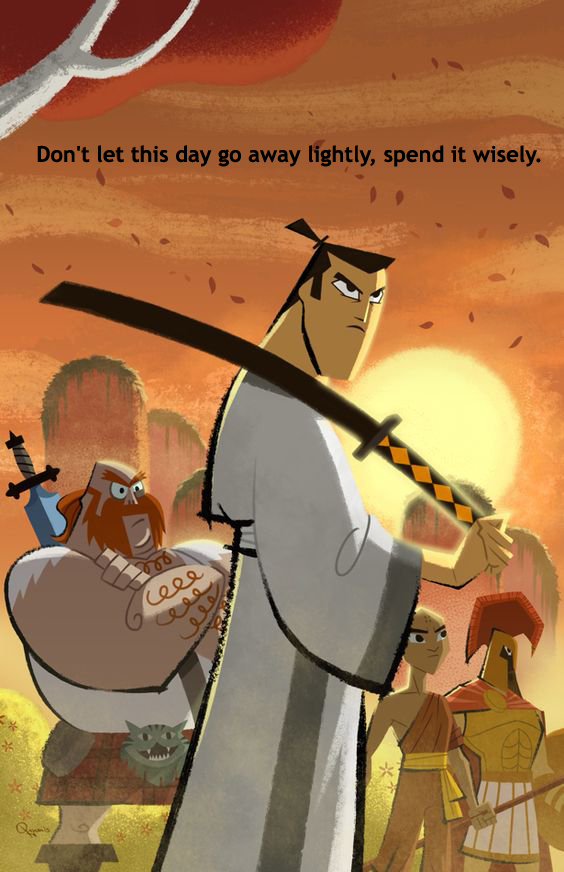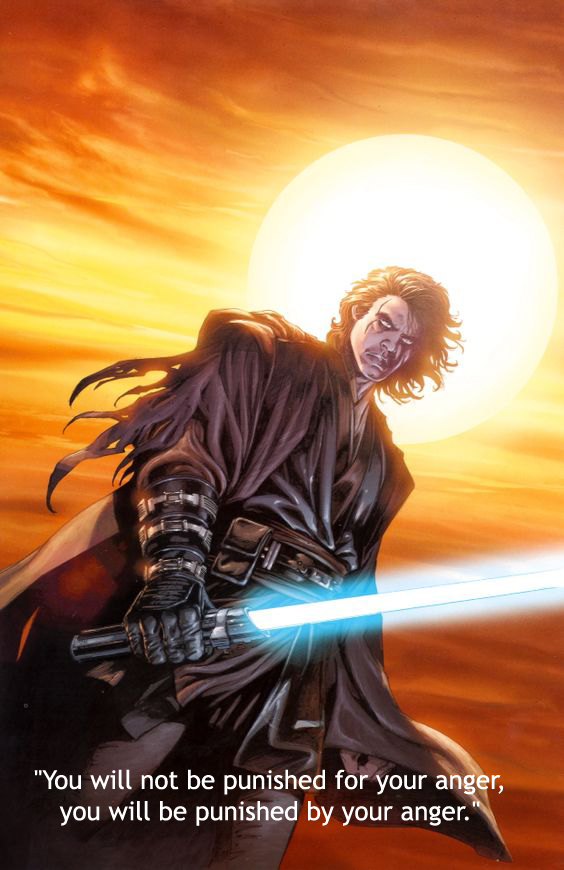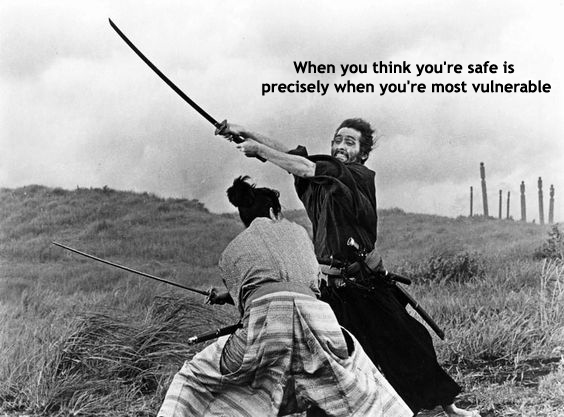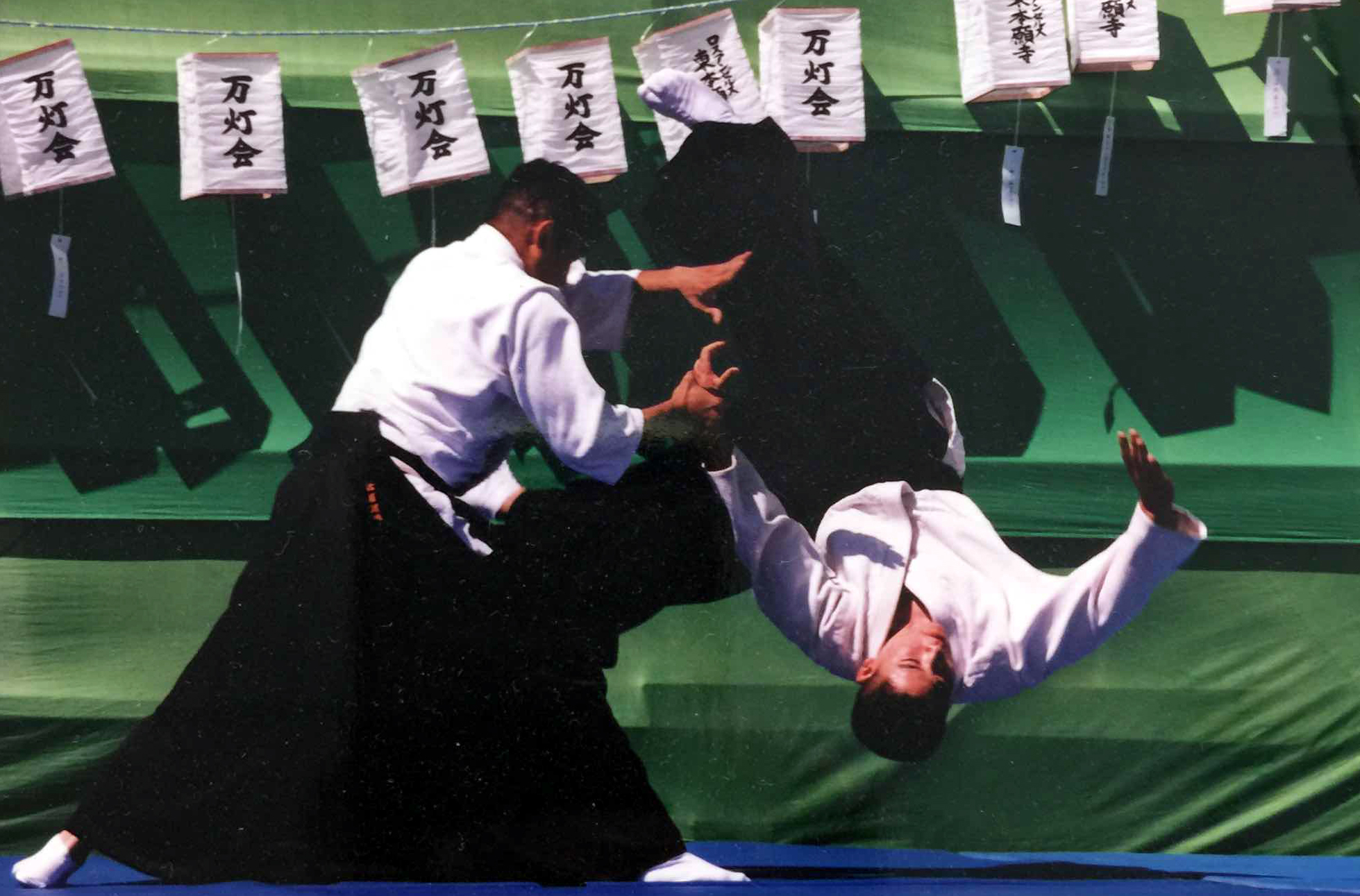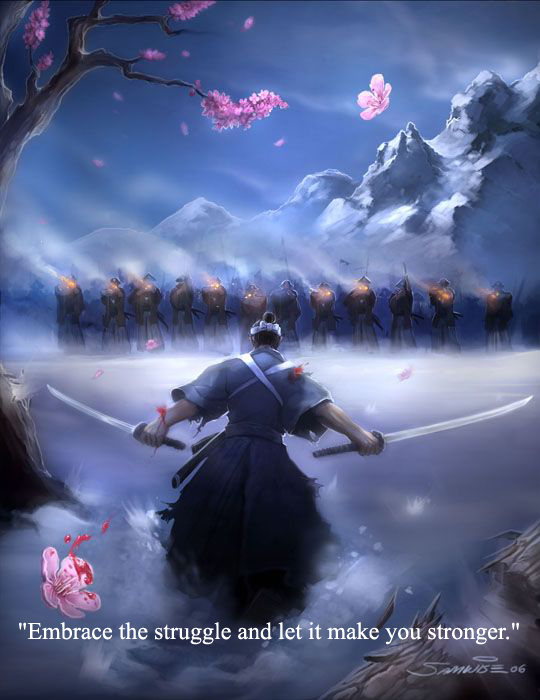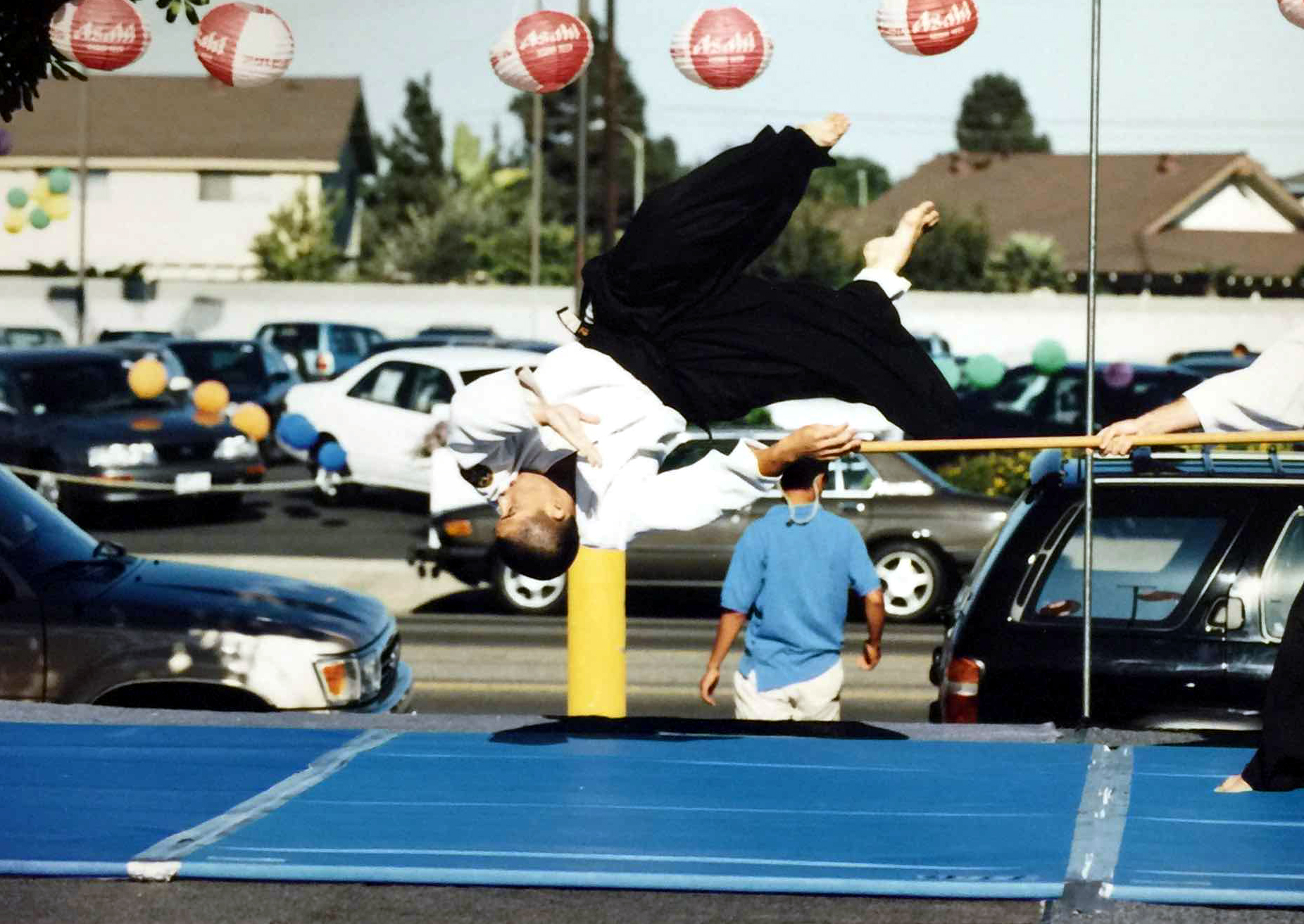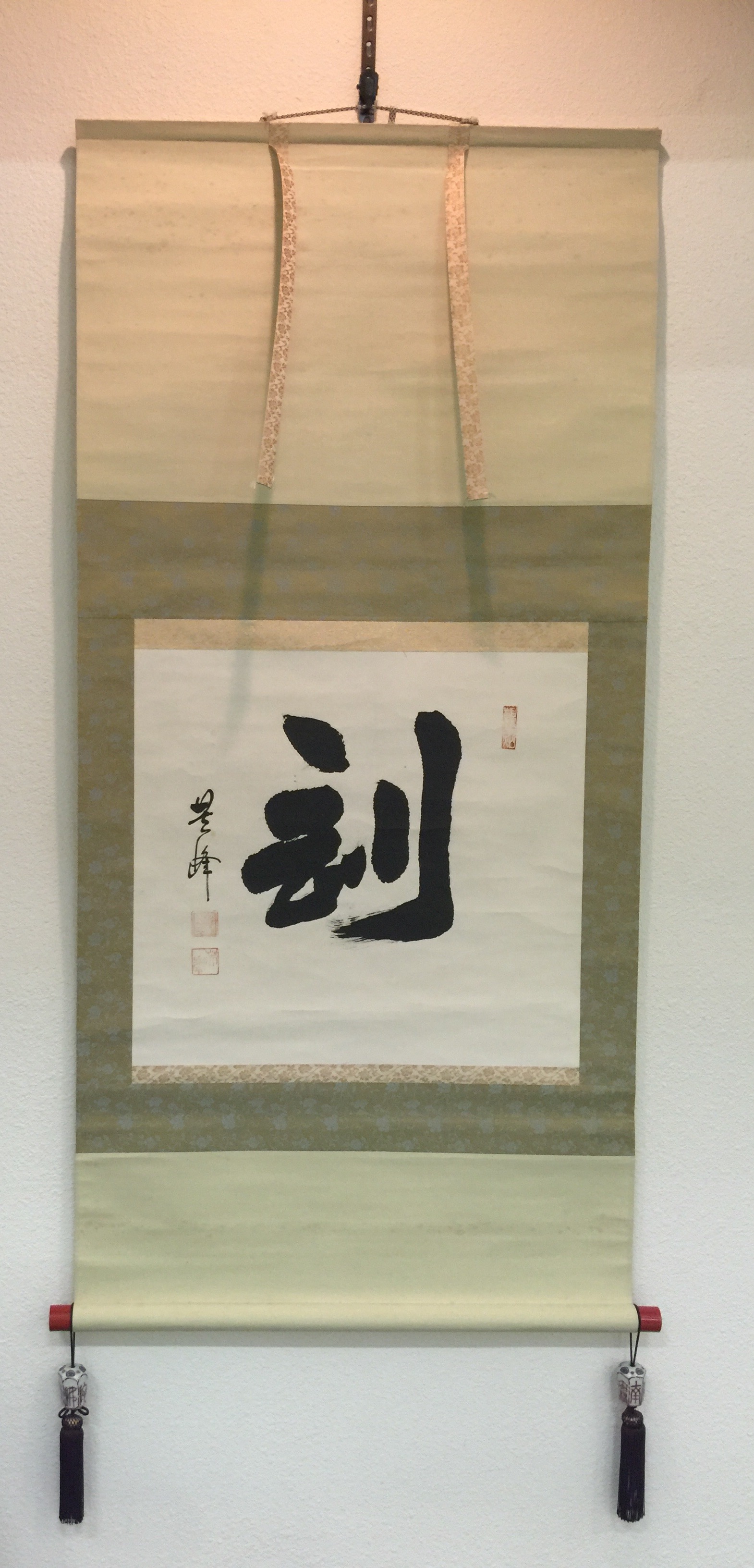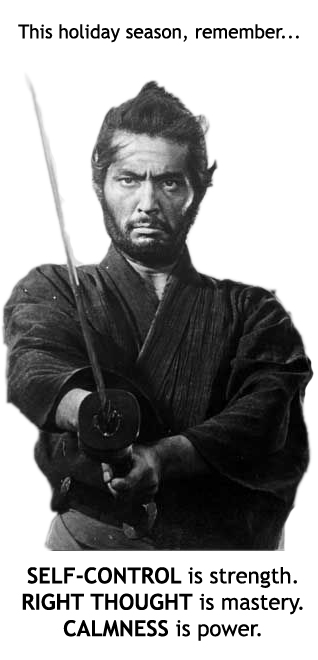 "If you think you're enlightened; go home." - Ram Dass
Ram Dass' quote reminds us that the people closest to us, who know us the best, have the ability to put us off balance no matter how exalted we become.
"If you think you're enlightened; go home." - Ram Dass
Ram Dass' quote reminds us that the people closest to us, who know us the best, have the ability to put us off balance no matter how exalted we become.
The holidays can be a huge source of stress. As martial artists, we know that the ability to be calm in the midst of conflict is our greatest asset.
The Dalai Lama once said, “Peace does not mean an absence of conflicts; differences will always be there. Peace means solving these differences through peaceful means; through dialogue, education, knowledge; and through humane ways.”
"To find inner peace, be still the mind and let go. Live in the now. Breathe." - Ryokan
To control one's self is the source of true strength. To be able to use our minds properly is true mastery. The ability to be calm is not only the goal in budo training but the display of true power. Our training dictates that we not only be strong and powerful but also kind, compassionate, patient and forgiving. After all, it's the holidays regardless if we are warriors or not.



